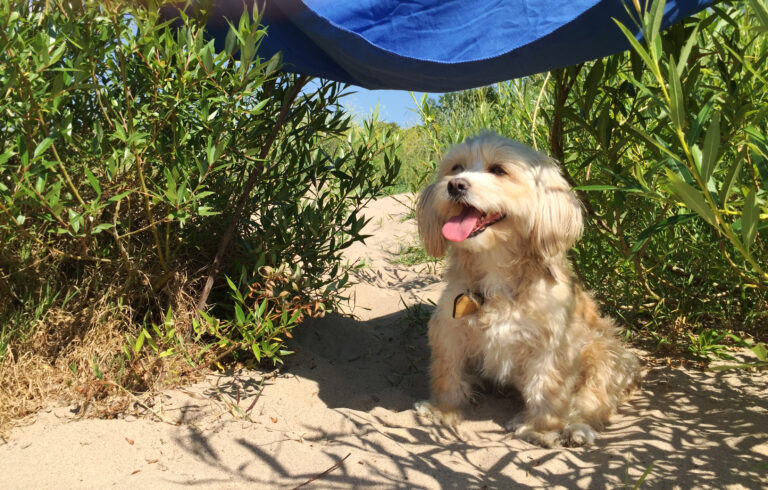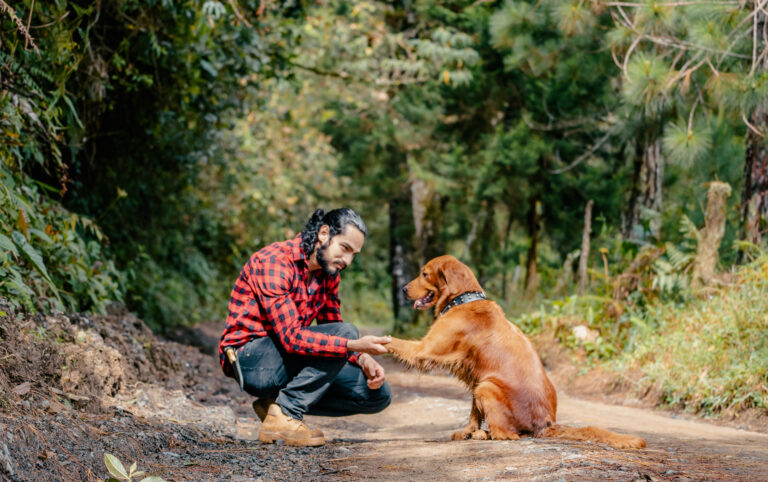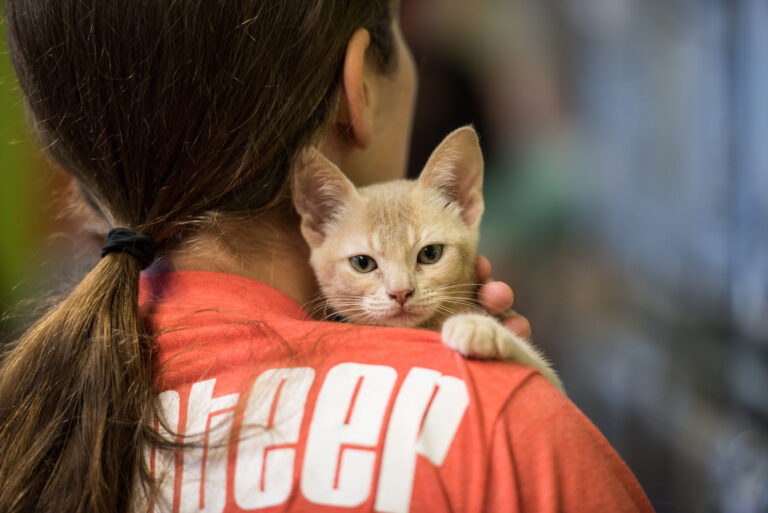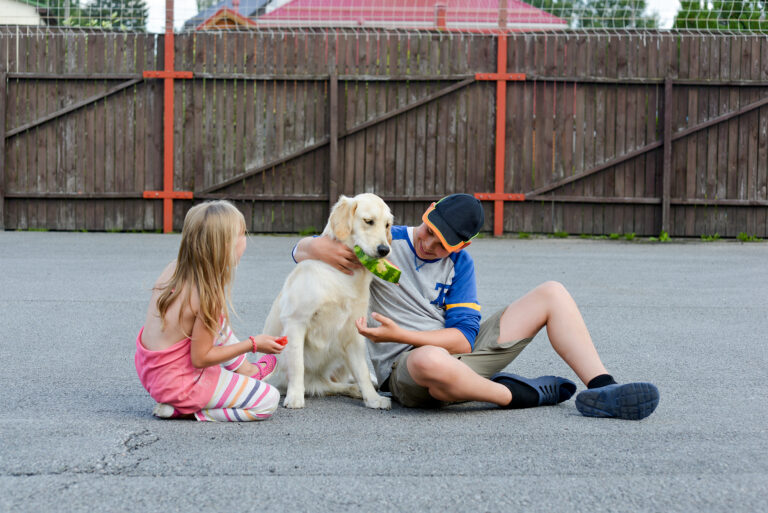There’s something magical about camping with your dog—sharing a tent under the stars, breathing in the forest air, and waking up to tail wags at sunrise. And if your pup has a few gray whiskers and slower steps? That doesn’t mean their outdoor adventure days are over. In fact, camping with senior dogs can be deeply rewarding—as long as you plan ahead for their comfort and safety.
Older dogs still crave connection and exploration; they just need a little more TLC along the trail. Here’s how to make sure your seasoned sidekick enjoys the great outdoors just as much as you do.
Table of Contents
Choose a Senior-Friendly Campsite
Not all campsites are created equal—especially for dogs with arthritis, reduced stamina, or sensitive paws. When selecting a location:
- Look for easy-access drive-in sites instead of long hikes to basecamp.
- Choose level, non-rocky terrain for fewer tripping hazards.
- Ensure there’s shade throughout the day—senior dogs are more prone to overheating.
- Nearby water sources are great, but make sure they’re safe and easy to reach.
Bonus points if the campground is dog-friendly with leash policies, pet amenities, or quiet hours that help reduce nighttime stress.
Pack for Comfort (and Then Some)
A senior dog’s camping checklist will look a bit different from that of a spry pup. Prioritize items that protect joints, regulate body temperature, and make rest easier:
- Orthopedic travel bed: Skip the thin mats. Bring a supportive, memory-foam style bed or thick blanket.
- Insulated sleeping bag or jacket: Older dogs get cold faster, especially at night.
- Elevated bowl stands: Reduce strain on necks and joints at mealtime.
- Cooling pad: For warm days, a self-cooling mat can prevent overheating.
- Booties: Protect delicate paws from hot ground, sharp rocks, or cold mornings.
- Dog-safe bug spray: Senior immune systems may be less tolerant of bug bites or stings.
Don’t forget any medications your dog needs—pack them in waterproof containers, and bring a few extras in case your trip runs long.
Stick to Their Routine
Camping brings excitement, but your dog thrives on consistency—especially in their golden years. Try to keep familiar routines for feeding, walks, and rest.
- Feed at the same time as you do at home to avoid digestive issues.
- Bring their regular food, not just treats or dehydrated “camping meals.”
- Stick to gentle walks or short hikes, even if they seem energetic—fatigue hits seniors quickly.
- Allow for plenty of nap time in between exploring.
The more familiar the rhythm feels, the more relaxed your dog will be in a new environment.
Monitor for Overexertion or Stress
Senior dogs may not always show signs of exhaustion until it’s too late. Watch closely for:
- Excessive panting or drooling
- Limping or stiffness after walks
- Refusal to eat or drink
- Lethargy or hiding behavior
- Shivering, even in mild temperatures
Bring plenty of fresh water, and don’t assume a creek or lake will be safe. Older dogs are more susceptible to bacteria or cold water shock.
If your dog seems stressed by unfamiliar sounds, try calming aids like pheromone sprays or soft wraps. Their senses may be dulled, but anxiety can still hit hard in a new place.
Prepare for Emergencies
Nobody likes to think about worst-case scenarios, but when camping with a senior dog, it’s smart to be prepared.
- Know where the nearest 24-hour vet is located.
- Keep a first aid kit with antiseptic wipes, bandages, tweezers, and electrolyte packets.
- Bring a recent photo and medical records in case you need help.
- Consider using a GPS tracker collar, especially if your dog has hearing or vision loss.
The goal is to be ready—so you can relax knowing you’ve covered all bases.
Conclusion: Golden Years Deserve Golden Adventures
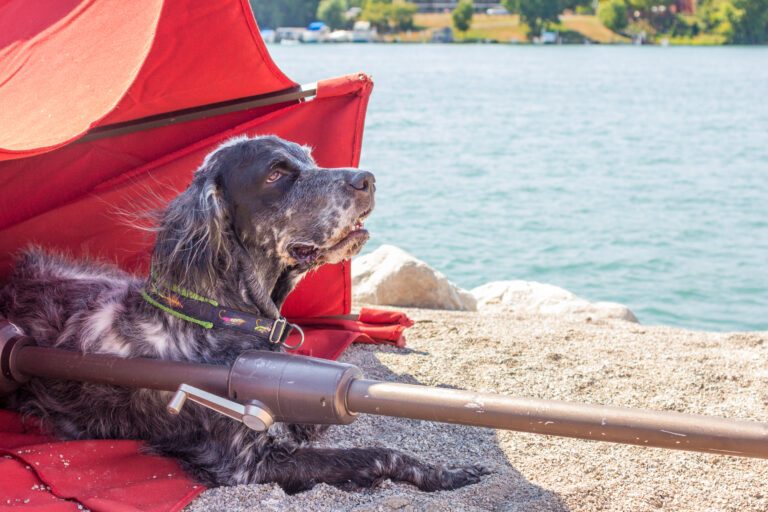
Camping with a senior dog isn’t about scaling peaks or chasing squirrels for hours. It’s about slow mornings, shady naps, and sharing peace in the wild with your oldest (and wisest) friend. With the right prep, a comfortable setup, and a little flexibility, your senior dog can enjoy nature just as much as ever—maybe even more.
Because adventure doesn’t end with age—it just gets cozier.


